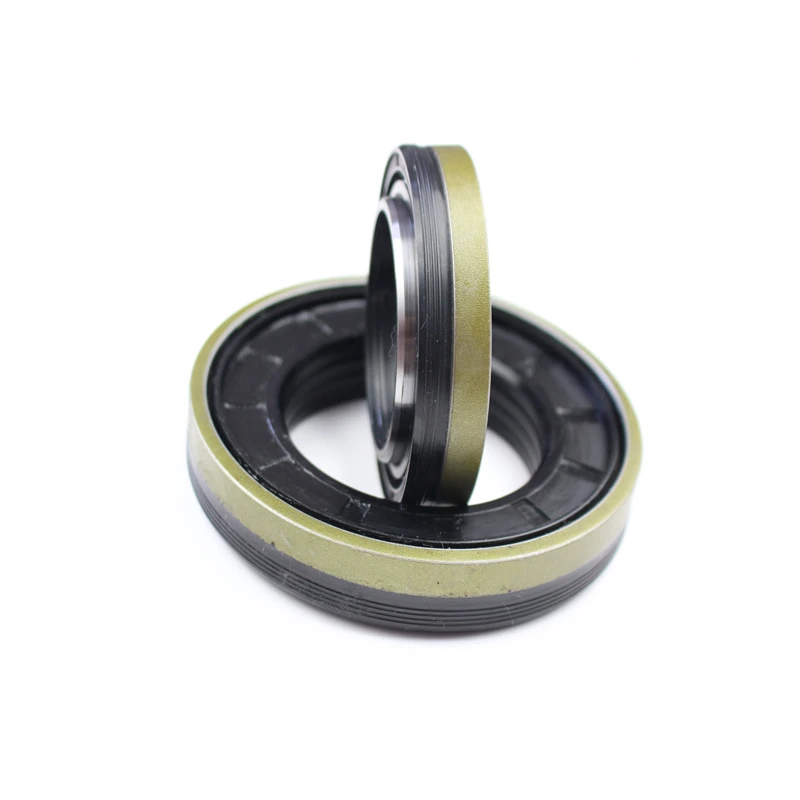Choosing the Right Crush Washer for Your Next Oil Change
The Importance of Crush Washers for Oil Changes
Regular oil changes are crucial for maintaining the health and efficiency of your vehicle's engine. One often overlooked component in this process is the crush washer, which plays a significant role in ensuring a proper seal during oil changes. In this article, we will explore what crush washers are, why they are important, how to choose the right one for your vehicle, and tips for their installation.
What is a Crush Washer?
A crush washer, also known as a sealing washer, is a type of washer that is specifically designed to create a seal between two surfaces. These washers are typically made from soft materials, such as aluminum or copper, which allows them to deform under pressure when tightened. This deformation creates a snug fit that prevents oil leaks from the oil pan or drain plug.
Crush washers come in various sizes and shapes depending on their intended use. For automotive purposes, they are commonly used in conjunction with oil drain plugs to seal the connection between the plug and the oil pan. The effectiveness of a crush washer lies in its ability to absorb slight imperfections in the mating surfaces, ensuring a tight seal even in the presence of vibrations and thermal expansion.
Why Are Crush Washers Important?
Using a crush washer during an oil change is crucial for several reasons
1. Leak Prevention The primary purpose of a crush washer is to prevent oil leaks. Without a proper seal, oil can seep out, leading to lower oil levels, increased engine wear, and potentially severe engine damage.
2. Cost-Effectiveness A small investment in a crush washer can save you from significant repair costs down the line. Oil leaks can create a mess and lead to costly repairs or even engine replacement if not addressed promptly.
3. Environmental Protection Oil leaks can be harmful to the environment. Ensuring a reliable seal with a crush washer can help prevent potential spills and contamination of soil and waterways.
4. Ease of Maintenance Using a crush washer simplifies the oil change process. It helps secure the drain plug in place, reducing the risk of leaks during the interval between oil changes.
Choosing the Right Crush Washer
crush washer for oil change

When selecting a crush washer for your oil change, consider the following factors
- Size Crush washers are available in various diameters and thicknesses. It is essential to choose one that fits your vehicle's oil drain plug precisely. Consult your vehicle’s manual or a trusted mechanic for the correct specifications.
- Material While aluminum and copper are the most common materials for crush washers, the choice may depend on your vehicle's requirements. Aluminum washers are light and provide a good seal, whereas copper washers offer better thermal conductivity and resistance to corrosion.
- Brand Quality Opt for a reputable brand to ensure that you are using a reliable and durable crush washer. Cheap alternatives may not provide the necessary sealing capabilities and could lead to leaks.
Installation Tips
Installing a crush washer is a straightforward process, but attention to detail is critical
1. Clean the Surfaces Before installation, clean the surface of the oil drain plug and the oil pan. Remove any old washer remnants and oil residue to ensure a proper seal.
2. Proper Torque When tightening the drain plug, use a torque wrench to apply the recommended torque specifications. Over-tightening can damage the washer and increase the risk of leaks.
3. Inspection After installation, visually inspect the area for any signs of leaking after the oil change. Regularly check the drain plug area during routine maintenance to ensure that the crush washer remains effective.
Conclusion
In summary, crush washers are essential components that should not be overlooked during an oil change. They help ensure a secure seal, preventing leaks, protecting your engine, and contributing to environmental preservation. By understanding their importance, choosing the right materials, and ensuring proper installation, you can enhance the longevity and performance of your vehicle.
-
Simplifying Oil Changes: A Comprehensive Guide to Oil Drain Plugs and Their Variants
News Aug.04,2025
-
Mastering Oil Drain Maintenance: Solutions for Stripped, Worn, and Upgraded Oil Plugs
News Aug.04,2025
-
Fixing Oil Pan Plug Issues: Leaks, Stripped Nuts, and the Right Replacement Solutions
News Aug.04,2025
-
Everything You Need to Know About Oil Drain Plugs: Sizes, Fixes, and Upgrades
News Aug.04,2025
-
Choosing the Right Oil Drain Plug: A Guide to Sizes, Materials, and Drain Innovations
News Aug.04,2025
-
A Complete Guide to Automotive Drain Plugs: Types, Problems, and Innovative Solutions
News Aug.04,2025
-
The Ultimate Guide to Car Repair Kits: Tools and Essentials Every Driver Should Own
News Aug.01,2025
Products categories















